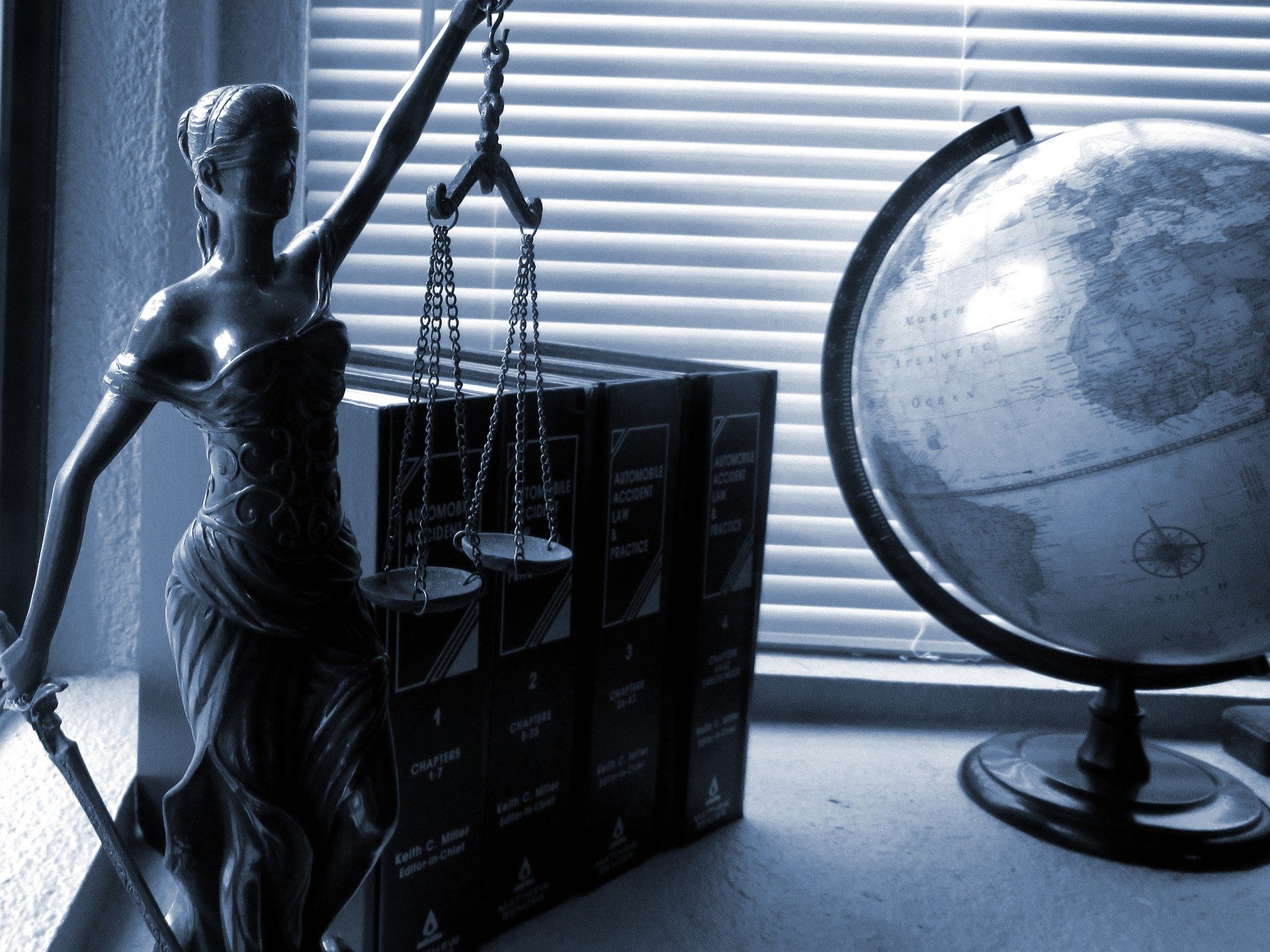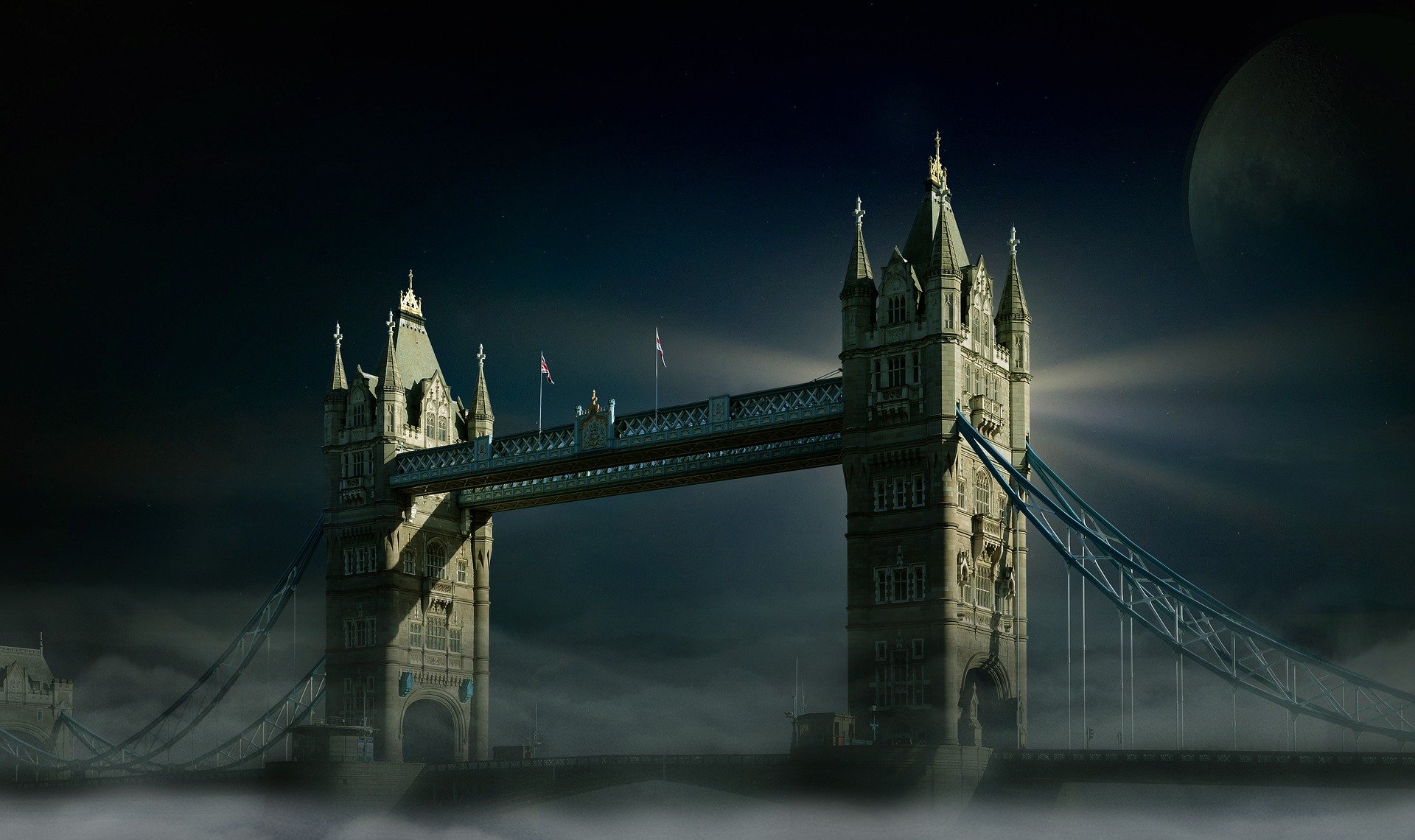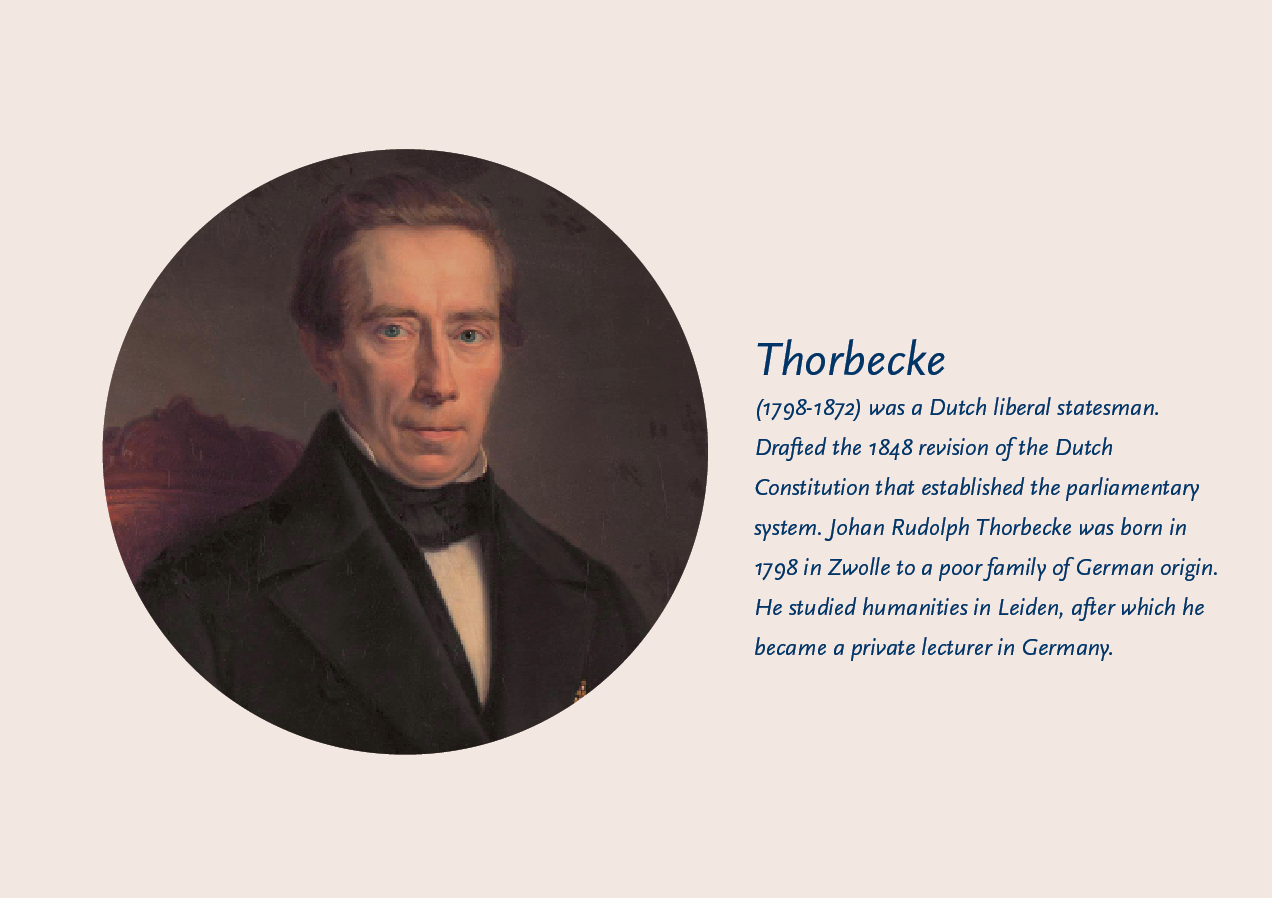Latest blog articles
-
“Those who can make you believe absurdities; can make you commit atrocities” (Voltaire). When reading about the Holocaust or the Rwandan genocide it is difficult to understand how such events could ever have taken place. How can a society turn on a particular group and send them to death camps? How...
-
Over the few past years, there has been a professionalization of social media content creators. These creators now have the power to sway their followers, start trends, or serve as role models for their audiences. These individuals, that have such online persuasive power, are called “influencers”...
-
In a reaction to an EJIL: Talk! post by Baetens et al., Arcuri et al. claim that the Dutch parliament has the right to reject CETA and also argue in favour of it doing so. The post by Arcuri et al. raises important points that merit further discussion, among legal academics and practitioners...
-
On 15 October, the Swedish Consumer Agency, its Scientific Council and Maastricht University (in particular the Law & Tech Lab) hosted the webinar 'Consumers and businesses in digital markets – An unequal relationship?’, focused on bringing together the perspectives of national consumer authorities...
-
The issue of individual redress has bedeviled negotiations between the European Union and the United States for more than two decades. Three adequacy deals - the Passenger Name Record (PNR) Agreement, Schrems I and Schrems II - have now unraveled because the European Court of Justice (CJEU) insists...
-
In a piece published on the Spectator’s website on the 3d October, Steven Barret erroneously argues that the EU cannot sue the UK.
-
To any international lawyer, Hugo de Groot (10 April 1583 – 28 August 1645), usually referred to by his Latin name as Hugo Grotius, does not need any introduction. He is generally seen as the “father of public international law”, often together with Francisco De Vitoria (1483-1546) and Alberico...
-
(1798-1872). Dutch liberal statesman. Drafted the 1848 revision of the Dutch Constitution that established the parliamentary system.
-
Back in 2017, the European Court of Justice ruled in Asociación Profesional Elite Taxi v. Uber Systems Spain, SL (Case C-434/15) that Uber offers common transportation services and thus, ought to be regulated as such. Various European national courts subsequently made similar rulings against Uber...
-
On Friday 31 July, the Cypriot parliament voted against the Comprehensive Economic and Trade Agreement (CETA) with Canada. This latest development in the ratification process of CETA illustrates perfectly how facultative mixity continuously frustrates our collective interest in seeing the...









